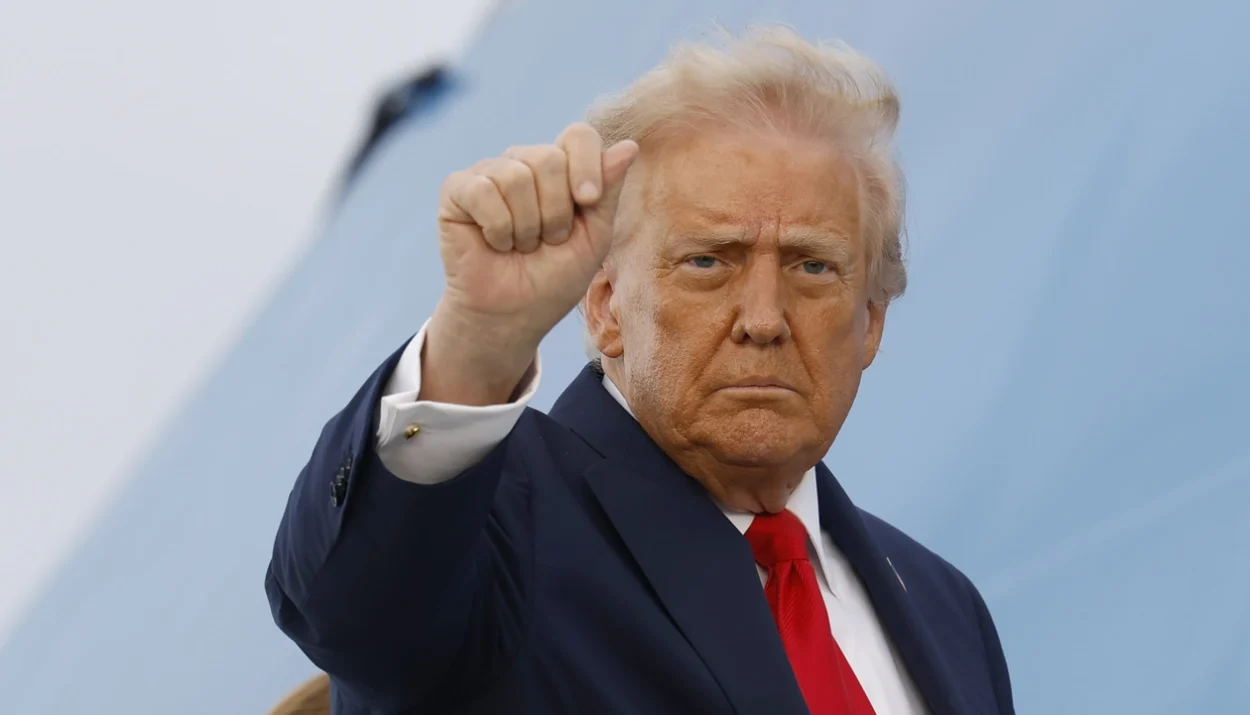After weeks of high-stakes negotiation and legal pressure, the United States and China are reportedly close to finalising a deal that will allow TikTok to continue operating in the US, under significantly revised ownership and governance structures.
What’s in the Deal (According to the White House)
Board control: The U.S. version of TikTok will have a seven-member board, with six seats held by Americans and one by China’s ByteDance.
Algorithm control & oversight: The recommendation algorithm (“what users see”) will be controlled by American stakeholders.Oracle is expected to handle U.S. data and security infrastructure.
Ownership structure: A U.S. investor consortium (including Oracle, Silver Lake, Andreessen Horowitz and possibly others like Murdoch/Dell) is set to acquire the majority (~80%) stake in TikTok’s U.S. operations. ByteDance is expected to retain less than 20%.
Legal & legislative backdrop: The move follows a law passed in 2024 that would ban apps deemed foreign adversary-controlled if they don’t divest or comply by a deadline. The deadline has been extended multiple times to allow this deal to be negotiated.
What Is Still Unclear & China’s Position
China has not yet publicly confirmed that it has agreed to all details, especially around algorithm control or how much influence ByteDance will retain.
Details on how the algorithm licensing or tech transfer will work are still vague. Will Oracle fully host the algorithm? Will ByteDance continue to play a role in modifications or updates behind the scenes? Experts warn that control without transparency could still leave loopholes.
Short-Term Impacts
TikTok stays online in the U.S., avoiding a ban. This is a huge win for influencers, advertisers, and users who depend on the platform.
Tech & ad sectors rally, especially companies aligned to the consortium (Oracle, etc.), as regulatory risk around TikTok looks to be subsiding somewhat.
Legal and political scrutiny will continue. Congress and courts will likely demand transparency regarding data flows, algorithm safety, and influence.
Long-Term Implications
- Precedent for foreign tech apps: This deal could set a standard for how foreign-owned apps with large U.S. user bases are regulated—especially around algorithmic control, data location, and board composition.
- U.S. data & algorithmic sovereignty: If implemented fully, this could shift some balance in how data/control flows between nations. Could lead to more “split versions” of global apps: different rules for U.S. vs international users.
- Influence & business models: Whoever controls the algorithm controls content prioritization, engagement, advertising revenue models. Majority ownership means more leverage in policy, censorship, moderation issues.
- Global tech policy & trade tension: This deal is another flash point in U.S.-China tech cold tensions. It may encourage more bilateral negotiation or pressure for regulations in other countries too.
If this deal sticks, TikTok will remain in the US, but transformed. Majority U.S. control over the board and algorithm plus a reshaped ownership structure aim to address national security concerns. But with key pieces still in flux, full implementation will be just as crucial as the agreement itself.
Markets should watch for announcements in coming days, confirmation from China, names of final investors, details on algorithm licensing, and legislative oversight.
Disclosure: This article does not represent investment advice. The content and materials featured on this page are for educational purposes only.
Nvidia Stakes $5 Billion in Intel: A Strategic Revival for the Chipmaker
Powell Frames Cut as “Risk Management” Amid Weakening Jobs, Tariff Risks










